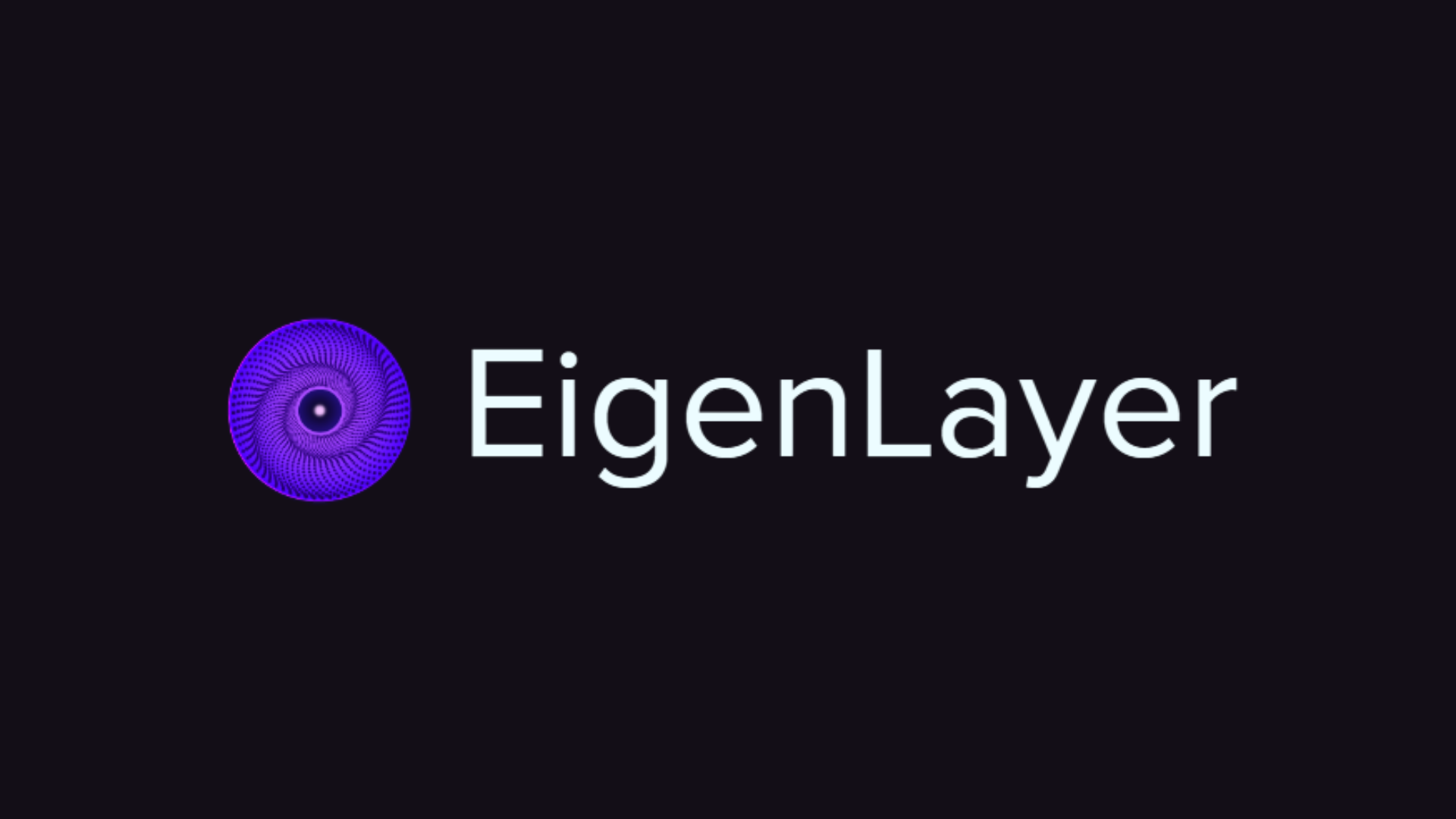|
Getting your Trinity Audio player ready...
|
Changpeng Zhao (CZ), founder of the world’s largest cryptocurrency exchange Binance, is embroiled in a sentencing battle with the U.S. Department of Justice (DOJ). The DOJ is seeking a three-year prison sentence for Zhao’s role in enabling Binance to violate federal sanctions and money laundering laws, while his defense argues for probation.
DOJ Pushes for Imprisonment
The DOJ contends that Zhao’s actions were egregious, warranting a significant prison term. They argue that Binance, under Zhao’s leadership, lacked a proper anti-money laundering (AML) program, allowing illicit actors to exploit the platform for criminal activities. The filing cites instances like darknet market transactions and ransomware proceeds flowing through Binance.
The DOJ emphasizes the need for a harsh sentence to deter future misconduct and punish Zhao for the immense profits he allegedly gained from violating U.S. law. They believe the current sentencing guidelines for Bank Secrecy Act violations are inadequate for such large-scale offenses.
Defense Counters with Probation
Zhao’s defense team refutes the DOJ’s claims. They assert that Zhao was unaware of specific criminal transactions and that Binance, as a non-U.S. company, couldn’t be held accountable for users in sanctioned countries. They downplay the alleged sanctions violations, calling them a novel legal interpretation.
Furthermore, the defense argues that the minuscule volume of suspicious transactions negates any intent on Zhao’s part. They propose probation, highlighting Zhao’s lack of recidivism risk and presenting character references, including his family and a former U.S. Senator.
Also Read: Binance Bolsters User Protection with USDC-Backed SAFU Fund, Secures Regulatory Wins
The Verdict Awaits
The contrasting arguments highlight the complex legalities surrounding cryptocurrency exchanges and regulatory oversight. The final sentencing hearing for Zhao is scheduled for April 30, 2024. The judge’s decision will be closely watched by the crypto industry, with implications for future regulation and enforcement.
Crypto and blockchain enthusiast.




